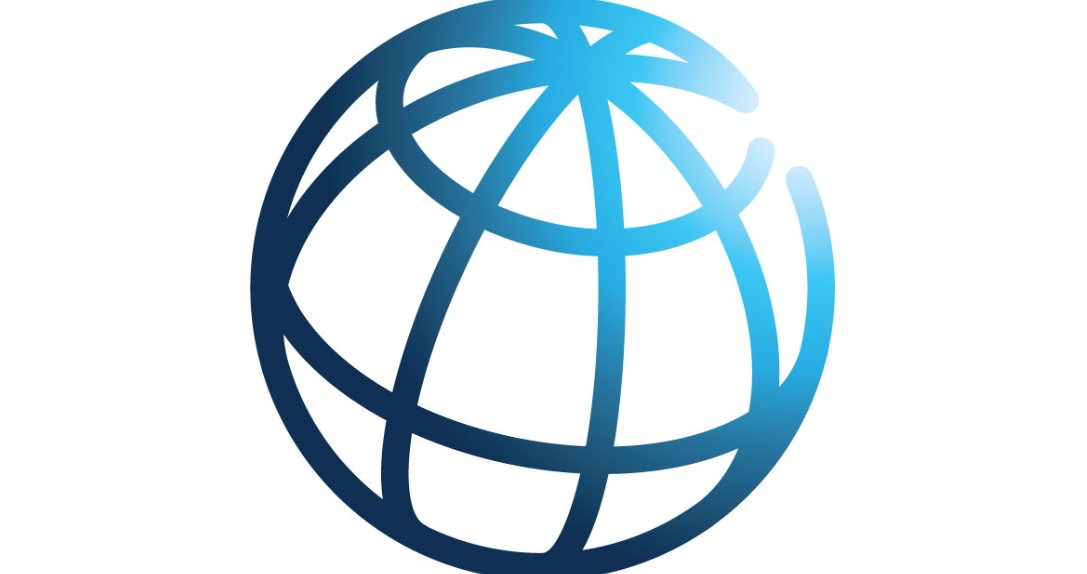World Bank, Korean experts participate in workshop on 'Smart City Dushanbe'
Smart city technologies allow city officials to interact directly with both the community and city infrastructure, and to monitor what is happening in the city and how it is evolving.

- Country:
- Tajikistan
“Preparing Dushanbe for a New Digital Era” was the theme of a workshop held on February 4th and hosted jointly by the Government of the Republic of Tajikistan, the Hukumat of Dushanbe City, the State Unitary Enterprise (SUE), “Smart City Dushanbe” under the Hukumat of Dushanbe City, and the World Bank. Participants included leading Korean experts in the field of digital transformation and smart cities, as well as high-level Government representatives of the Republic of Tajikistan, development partners, the private sector, and civil society.
“Living in the era of digital transformation has many benefits and challenges. As this is a high priority for us, we are expanding our work with development partners on digital transformation. South Korea is the first country that comes to mind as an example of best practices and expertise in the deployment of smart cities and the ability to increase the vitality of urban areas. For us, Korea’s experience gained during almost three decades of building smart cities is extremely valuable,” said Yusuf Majidi, Deputy Minister of Finance of Tajikistan.
Smart city technologies allow city officials to interact directly with both the community and city infrastructure, and to monitor what is happening in the city and how it is evolving. ICT is used to enhance the quality, performance, and interactivity of urban services, reduce costs and resource consumption, and increase interaction with citizens. Smart city applications allow for better management of urban flows and enable real-time responses. In doing so, a “smart city” increases the efficiency of public services provided by city authorities, uses scarce resources more effectively, and improves citizens’ quality of life.
“In this process, the Government is an enabler and a regulator, but digital transformation and smart cities can only be delivered with the active participation of the private sector, and by ensuring tangible benefits for the private sector,” added Jan-Peter Olters, World Bank Country Manager in Tajikistan.
The keynote speaker was Dr. Jong-Sung Hwang, Master Planner, Busan National Pilot Smart City, and Lead Researcher at the National Information Society Agency (former Chief Information Officer of Seoul), who shared the Republic of Korea’s extensive experience in developing smart cities. Oleg Petrov, the Senior Digital Development Specialist at the World Bank, provided an update on the proposed Digital CASA Tajikistan project and its role in supporting the Government to build the foundations for a digital economy and the “Smart City Dushanbe” initiative.
This event was a key milestone in developing the Smart City initiative in Tajikistan, a key element of the Digital Economy 2040 Concept and Digital CASA Tajikistan Project. The World Bank confirmed its commitment to providing support to Tajikistan in building the required infrastructure to increase Internet bandwidth and speed, support the required adjustment and modernization of the institutional telecommunications environment, and develop the most critical applications aimed at increasing the efficiency and transparency of public services.
- READ MORE ON:
- Dushanbe
- Smart city
- World Bank
- digital transformation
- Yusuf Majidi
- CASA
ALSO READ
Chile Receives $5.1M from World Bank for Cutting Carbon Emissions Through Sustainable Forest Management
World Bank Launches FY2025–29 CPF for Namibia to Drive Growth, Jobs, and Equity
World Bank Approves $35M Meghalaya Project to Boost Adolescent Education, Skills, and Wellbeing
World Bank Approves Structural Changes to Strengthen Accountability Mechanism
World Bank Approves $182 M to Address Health and Food Insecurity Crises in Sudan










